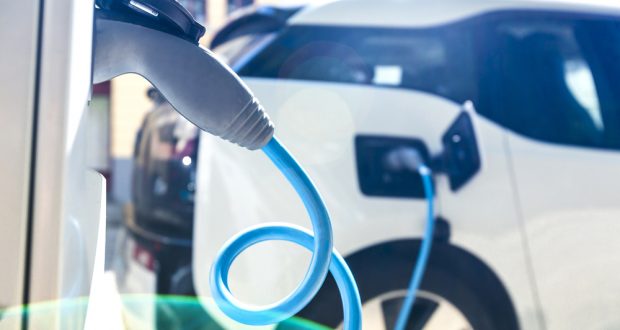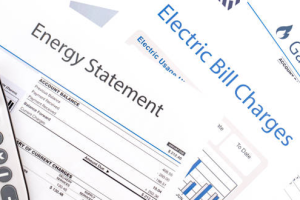A report from Think tank Policy Exchange finds that the UK will need 400,000 public charge points when the sale of new diesel and petrol cars and vans is banned in 2030, up from 35,000 currently.
The annual rate of installations must increase from around 7,000 over the past three years to 35,000 over the next decade, the report shows.
The think tank says the government should focus on areas where it is not delivering enough public chargepoints, including the north west of England, Yorkshire and Northern Ireland.
Policy Exchange senior research fellow, Ed Birkett, said: “Companies are rolling out charge-points at a record rate, but there’s a risk that some areas of the country won’t get enough charge-points and will be left behind.
“We’re concerned about patchy deployment of charge-points, which runs against the government’s plans for levelling up and a strong and connected Union.”
The report comes as the government has unveiled £20m funding in a bid to increase the number of electric vehicle charge points across the UK.
Local authorities are being urged to take advantage of the cash injection to boost the number of on-street electric vehicle chargepoints in towns and cities.
In a letter to councils across Britain, transport secretary Grant Shapps has today (2 February) announced that funding for the On-Street Residential Chargepoint Scheme will continue into 2021/22, allowing residents without private parking to reliably charge their vehicle.
Shapps said: “From Cumbria to Cornwall, drivers across the country should benefit from the electric vehicle revolution we’re seeing right now.
“With a world-leading charging network, we’re making it easier for more people to switch to electric vehicles, creating healthier neighbourhoods and cleaning up our air as we build back greener.”
 Talking Retail Grocery and product news for independent retailers
Talking Retail Grocery and product news for independent retailers






